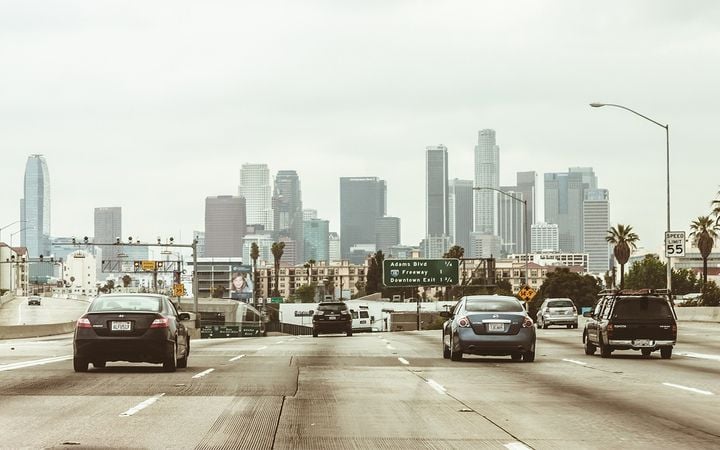NHTSA to Propose New Fuel Economy Standards

The National Highway Traffic Safety Administration will propose new fuel economy standards for the 2027 model year and beyond in April.
IMAGE: Pixabay
The National Highway Traffic Safety Administration (NHTSA) will propose new fuel economy standards for the 2027 model year and beyond in April.
Acting NHTSA Administrator Ann Carlson told reporters in a press conference that the agency plans to release its proposal by late April and finalize it within a year. The plan also will include regulatory alternatives.
The Environmental Protection Agency (EPA) has announced plans to introduce stringent vehicle greenhouse gas emissions standards from 2027 through at least the 2030 model year by March.
The question is will these new rules will be consistent with California’s efforts to ramp up zero emission vehicles and phase out new gasoline-powered vehicles by 2035?
California Air Resources Board Executive Officer Steven Cliff, who acted as NHTSA administrator until September, told Reuters in an interview that the federal government should “look at stringency that’s equivalent to our rules.”
“We’re 68% zero emissions in 2030 so modeling that and looking at that as an option for 2030 is absolutely critical,” he said.
U.S. President Joe Biden has said he wants 50% of all new vehicles sold in 2030 to be electric or plug-in hybrid models but has not endorsed California’s 2035 plans.
NHTSA has reinstated penalties for automakers whose vehicles do not meet Corporate Average Fuel Economy (CAFE) requirements for model years 2019 and beyond. The organization had not collected penalties for model years 2019 through 2021 because the issue was under review and subject of court challenges.
“We’re in the process of evaluating and gathering the data necessary,” Carlson said, declining to say when it might impose fines. “We haven’t forgotten about it.”
The auto industry previously warned that penalty hikes could cost them at least $1 billion annually.

